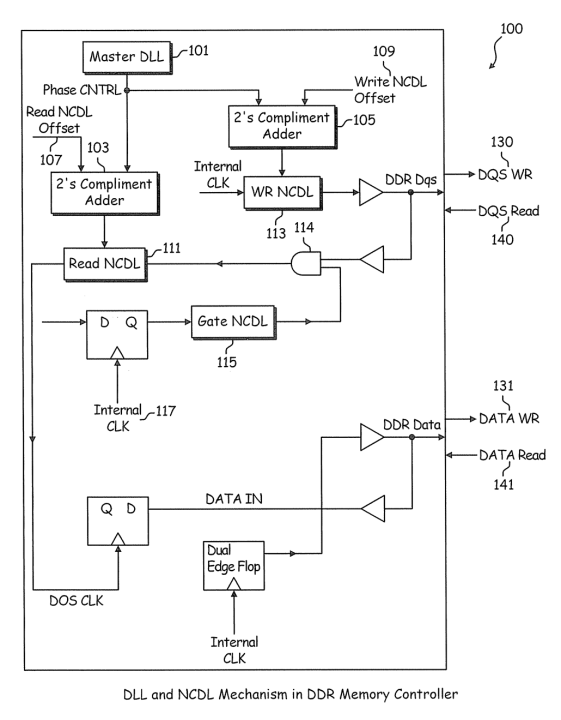On Monday, President Trump announced that, upon recommendation from the Committee on Foreign Investment in the United States (CFIUS), he would block any potential acquisition of Qualcomm by Broadcom on the grounds of national security. It further states:
“The Purchaser and Qualcomm shall immediately and permanently abandon the proposed takeover. Immediately upon completion of all steps necessary to terminate the proposed takeover of Qualcomm, the Purchaser and Qualcomm shall certify in writing to the Committee on Foreign Investment in the United States (CFIUS) that such termination has been effected.”
The proposed acquisition has been in hot water from the start, but the most recent announcements raise additional concerns regarding where CFUIS can make recommendations on the matter. While Broadcom has been in the process of moving their headquarters (HQ) to the U.S., with support from the president, the move does not seem to be enough to convince CFIUS and the Executive Branch that Broadcom will become less of a threat to U.S. strategy/business intents/goals/initiatives/security. Interestingly, the HQ move to the U.S. was enough to allow CFIUS to green light Broadcom’s acquisition of Brocade Communications, though Qualcomm is of considerably higher value to technology in the U.S. market. Broadcom has their own concerns, as they have reported that Qualcomm secretly went to CFIUS to open an investigation into the matter. CFIUS review, according to the US Treasury, may be initiated by any party related to the covered transaction.
Such circumstances bring into question how companies use CFIUS as a pawn in negotiations of a corporate takeover between U.S. companies and foreign entities. The jurisdiction of CFIUS is somewhat unclear—comprised of inter-agency panelists with the US Treasury Department at the helm—their only mandate is to “review transactions that could result in control of a U.S. business by a foreign person (“covered transactions”), in order to determine the effect of such transactions on the national security of the United States.” The takeover would have been the largest technology acquisition ever, and is especially concerning in that the controlling stockholders would be entirely foreign citizens. The President, in these cases, may act unilaterally on recommendation from the CFIUS committee to prohibit any foreign transaction or takeover. According to Bloomberg, President Trump has hindered the posited acquisition of 10 U.S. corporations since the beginning of his tenure in February 2017.
The question remains, to what extent could this acquisition have affected U.S. National Security interests. Antitrust likely factors heavily into the matter, as Broadcom and Qualcomm would collectively be the largest chip manufacturer on the planet, with technology in nearly every internet-connected device manufactured. The combination of entities would create the largest semiconductor IP portfolio in the world, with over 95,000 granted patents. That is an incredible amount of economic and technological power for one company to possess.
A mounting concern for the U.S. government is how the number of innovators in the semiconductors space has rapidly condensed into just a few key companies. This is especially concerning considering the new rumors that Intel Corp may be considering a Broadcom buyout as a response to the continued threat of increased competition with Qualcomm as the U.S. chip market consolidates. It is possible this would be more favorably received by CFIUS and the president alike as the U.S. would be the controlling party in the merger.
As far as national security is concerned, the U.S. may have a vested interest in controlling Qualcomm technology. ktMINE has found that Qualcomm has a $6.9 million dollar contract with the Department of Defense to design and manufacture fingerprint scanners, but has found no evidence that Broadcom has any contractual ties to the U.S. government.The government could be planning to engage Qualcomm in the future and would want to keep any technological developments beyond the reach of foreign parties, but that has yet to be seen. It seems that keeping U.S. patented technology within the control of U.S. companies is central in this acquisition blockade.




